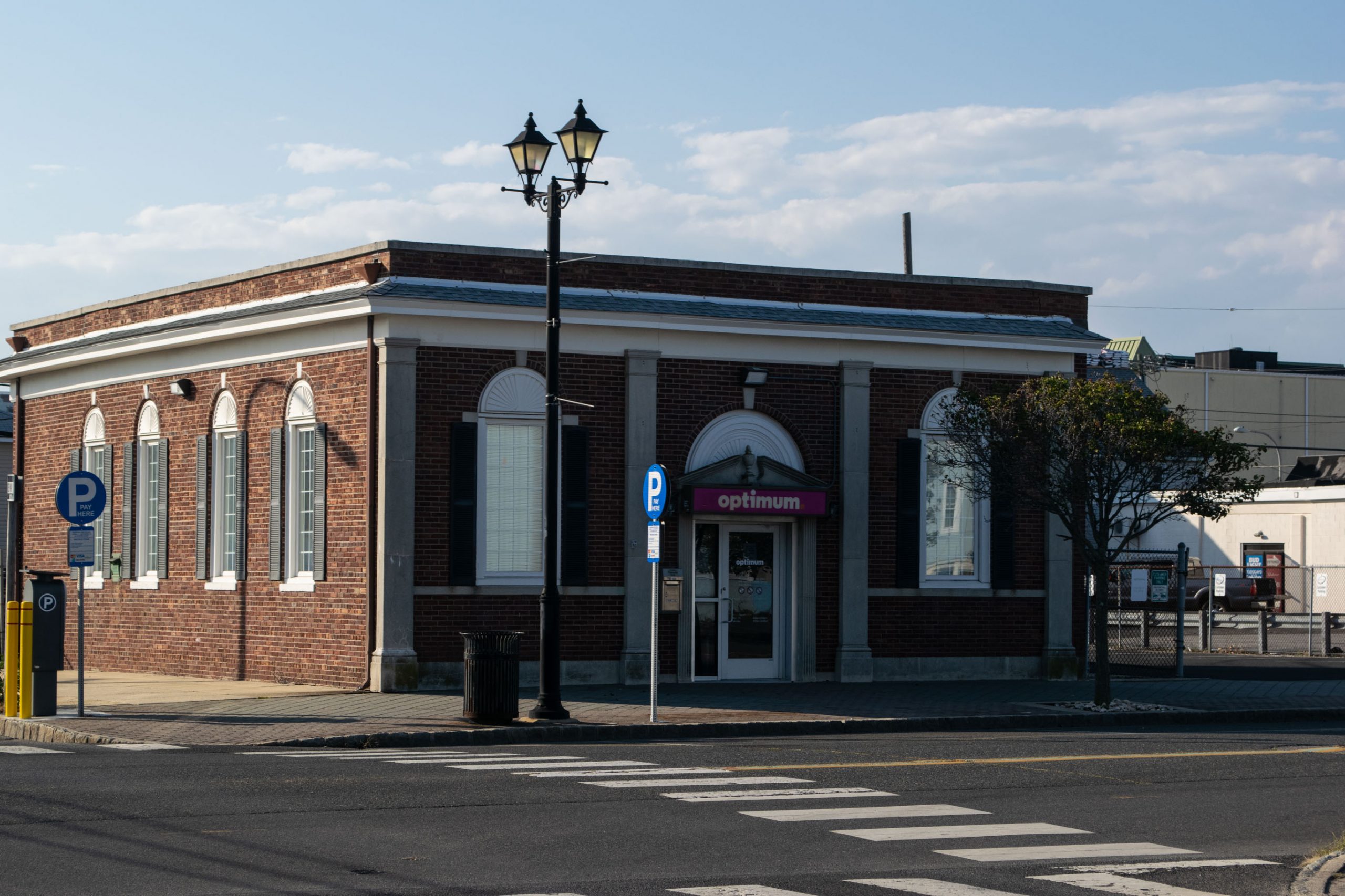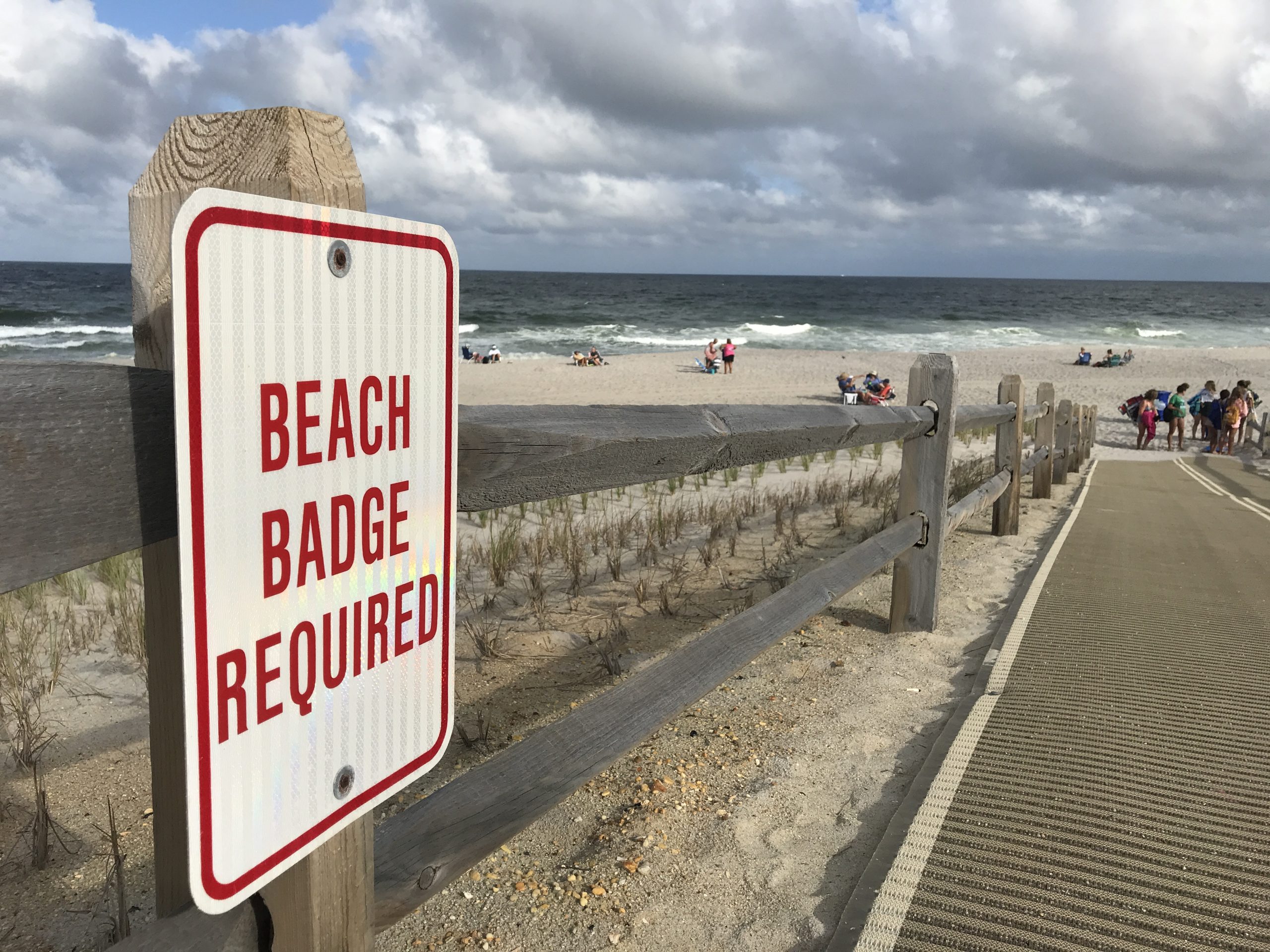Ocean County’s long-awaited beach replenishment project, led by the U.S. Army Corps of Engineers, has run into another delay.
The project was originally expected to begin as early as fall of 2022, but ran into delays as municipalities on Ocean County’s northern barrier island balked at what became known as the “local share” of beach replenishment costs. The $60 million project will renourish beaches between Point Pleasant Beach and South Seaside Park, with special attention and re-engineering efforts focused on Ortley Beach, Normandy Beach and a number of other areas where localized beach erosion has caused issues since the initial project restored beaches after Superstorm Sandy.
After months of wrangling over costs, the project was placed out to bid by the federal government, however the offers were rejected by procurement officials.
“We held a bid opening, but the bids came back too high to award a contract at this time,” said Stephen Rochette, spokesman for the U.S. Army Corps of Engineers Philadelphia District, which holds jurisdiction over Ocean County. “We’re working through next steps and hope to have an update soon on awarding a contract.”
The re-bid is the latest delay in what has been a financial saga relative to the project.
While the federal government allocated about $30 million to fund half the project, the bulk of the “local share” fell to municipal governments, including what would have been a $2 million bill for Toms River taxpayers alone. Pleas by local mayors asking the state to utilize billions of dollars in unused federal infrastructure funding to go toward beaches went largely unheard, with local officials arguing that beaches generate tens of billions of dollars in sales tax revenue for Trenton each year while municipal governments are often left with the cost of managing beaches. Ocean County eventually pledged to cover half of each town’s “local share” before ultimately agreeing to fund the entirety of the local share for the island municipalities.
Until finance agreements were approved by each municipal government, the federal government was unable to place the project out to bid. As explained by Rochette, the proposals from contractors simply came in too high.
There are generally just two companies that bid on major dredging and beachfill projects: Weeks Marine, and the Great Lakes Dredge and Dock Company. Both companies have performed beach replenishment projects on Ocean County’s two barrier islands. Demand for the companies’ vessels are high, and emergency dredging after storms in other locations – and occasionally international demands – can push back scheduled non-emergency projects.
Last month, Great Lakes announced it had been awarded $138 million in federal projects, including a $28 million project to restore beaches between Townsends Inlet to Cape May Inlet, and a massive $93 million contract to design and construct the Lago Loiza (Carraízo) Dredging Project in Puerto Rico. Its other projects will take the company to Boca Raton and Palm Habor, Fla. for smaller work orders.
Meanwhile, Weeks Marine has launched a new hopper dredge which is undergoing sea trials, and last week began a major project in North Carolina’s Outer Banks region. The company is also completing a contract to renourish beaches in Rehoboth Bech, Del.

Advertisement

Police, Fire & Courts
Police Investigating Possible Shots Fired in Seaside Heights

Police, Fire & Courts
Cops: Juvenile Arrested After 118mph Joy Ride in Seaside Heights, Toms River Kills 2

Seaside Heights & Seaside Park
Seaside Heights Mourns Passing of Boardwalk Legend, Still Working Into His 90s








